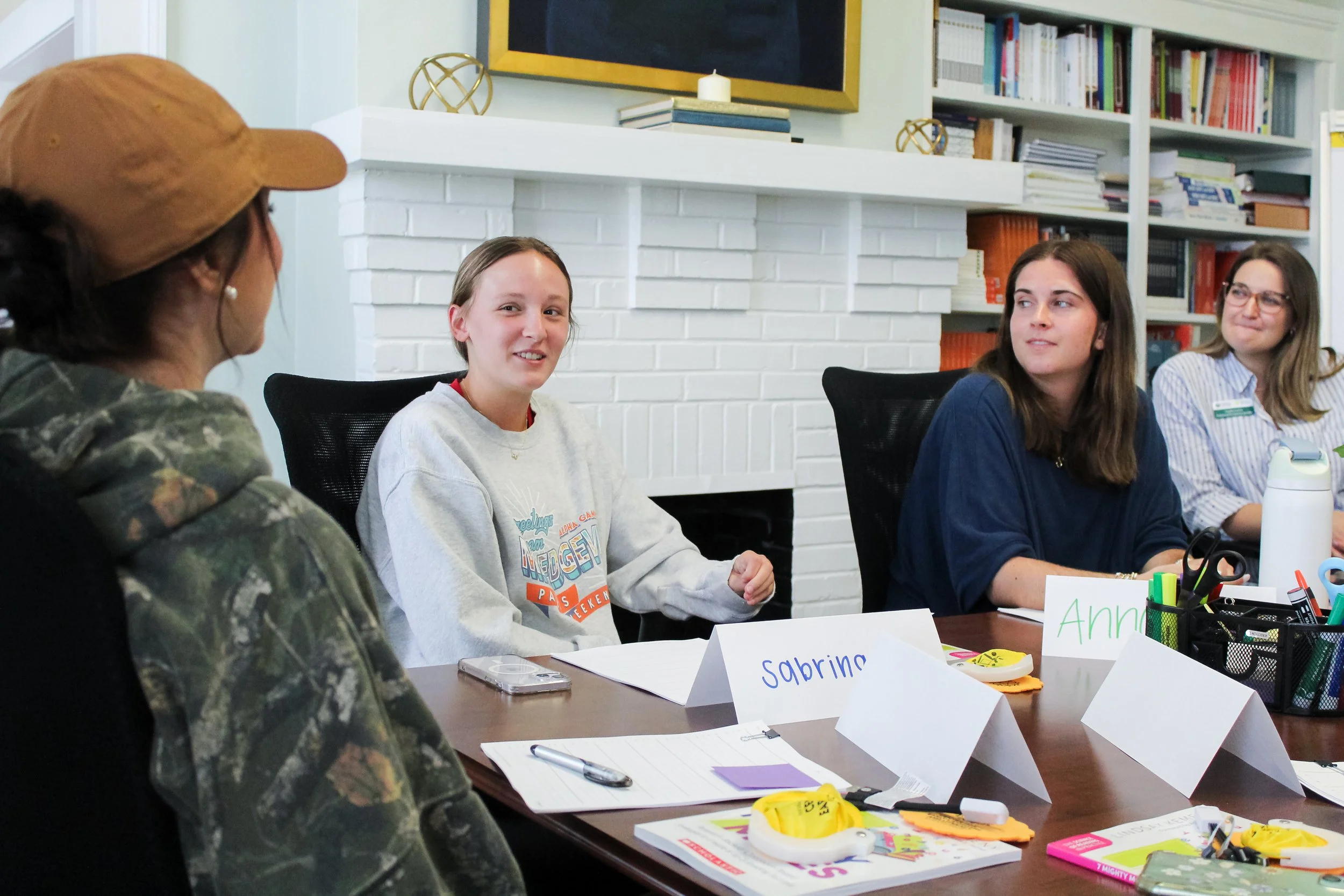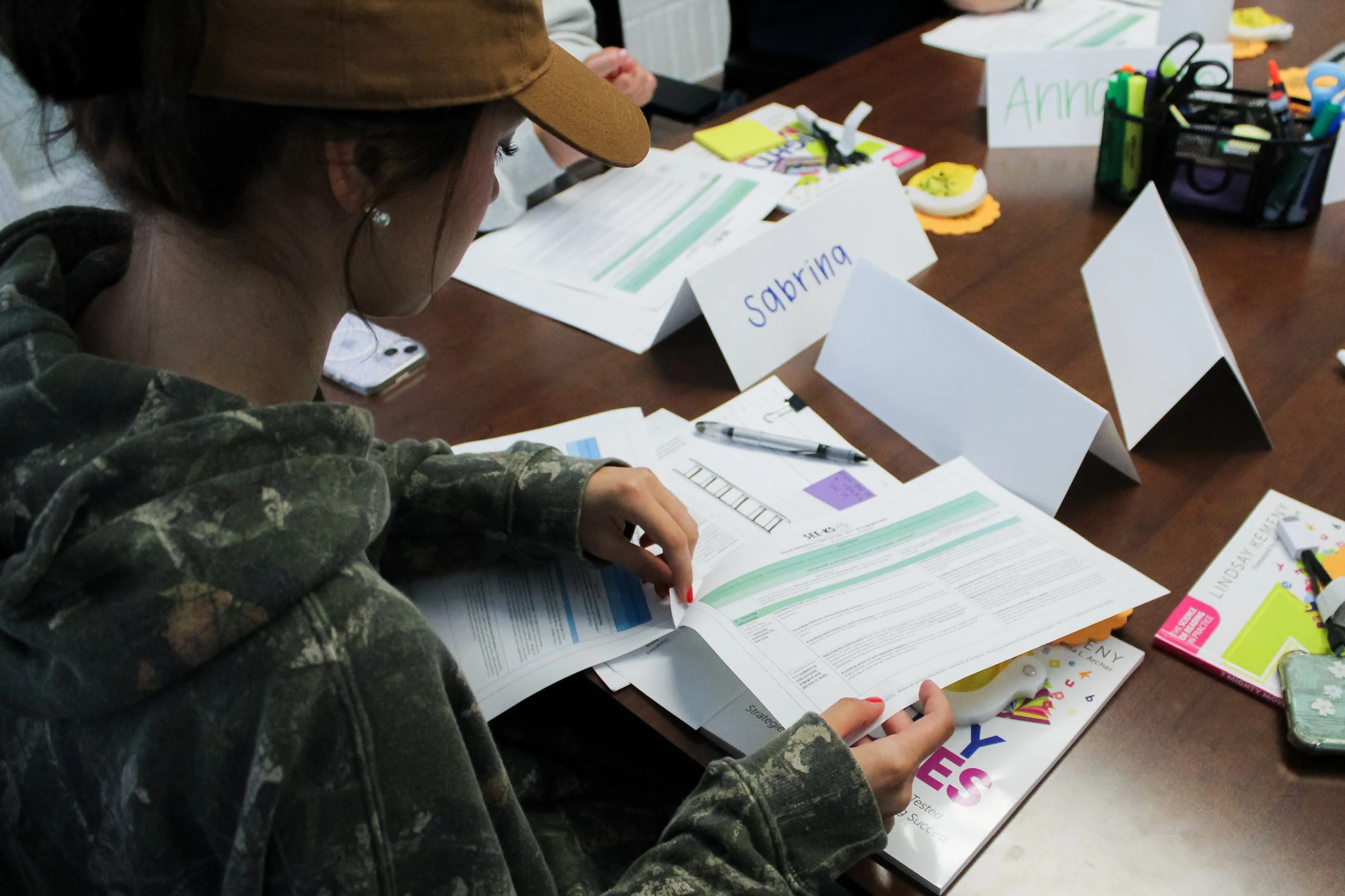Can college students help close the literacy gap?
Language and literacy skills are imperative for a child to build a solid academic foundation. But 70% of Georgia's children are not reading proficiently in fourth grade, according to the National Assessment of Educational Progress’ national report card in 2024.
That is a pivotal achievement for young students. The Annie E. Casey Foundation reported in 2010 that children who can’t read proficiently by fourth grade are four times more likely to drop out of school.
In pursuit of our mission, the Sandra Dunagan Deal Center for Early Language and Literacy is implementing a Reading Clinic at Lakeview Primary School.
Since September of 2024, the Deal Center has trained Georgia College & State University students on reading instruction based in science of reading research. Those educators, within an afterschool program at Lakeview, have been leading small groups of students who are struggling to read.
“I think it’s so important to have educated teachers in literacy because it’s the basis of everything else you learn,” said sophomore elementary education major Shelby Gowen. “You can’t really continue on and learn anything else unless you have that good basis.”
Caption: Preservice teachers get instruction on the science of reading.
The student tutors learned to help children decode unfamiliar words (sound out words), strengthened their phonological awareness, improved their fluency, and assessed students' progress over time.
“The Reading Clinic is great experience, especially because I’ll be going into the teaching field in my future,” said sophomore elementary education major Sabrina Boyd. “I’ve always wanted to be a teacher. I love the difference you can make, and I feel like the teachers learn just as much from the students as the students learn from the teachers.”
At the same time, the Deal Center is evaluating the impact training pre-service teachers may have on student outcomes.
“Since being a student tutor, I have learned you have to always be able to adapt,” said sophomore elementary education major Ella Combs. “Being a teacher, you’re going to be faced with so many challenges. I learned that is one of the beauties of it, the inconsistency, because you will have so many different types of students.”
Caption: Caroline Lacksen, right, instructs preservice teachers.
If your district wants to implement something similar, the Deal Center can help. Email the Deal Center at galiteracy@gcsu.edu, and speak with our Program Team about how we can address your needs
“This experience has really shown me what it will be like as a teacher in a classroom,” Boyd said. “I know how the class is set up, how the children work when you’re teaching them hard subjects, and I’ve learned a lot about behavior management.”



